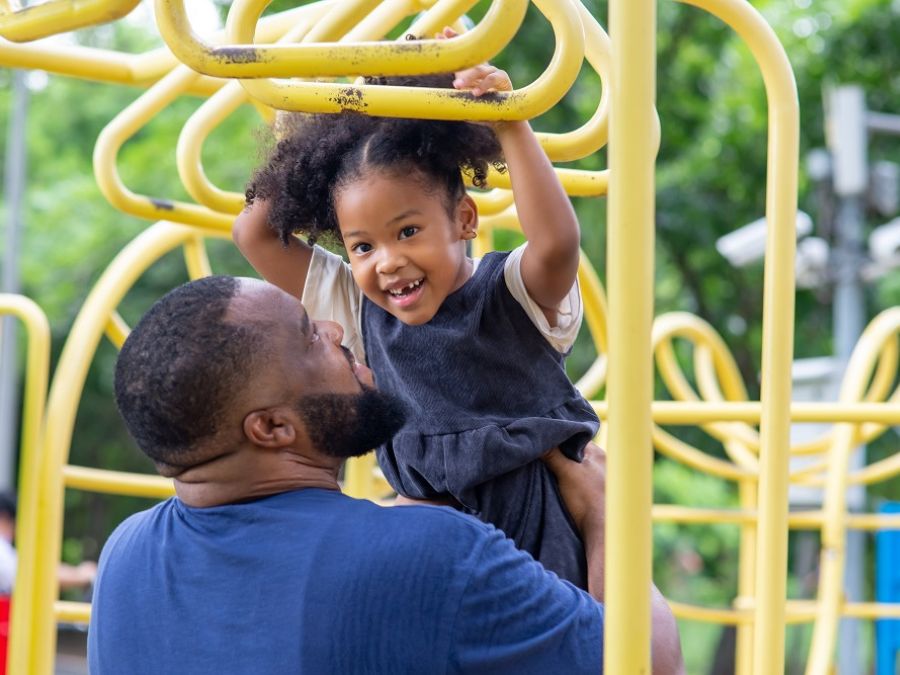
HOPE celebrates Black voices
At the HOPE National Resource Center, we lift up the achievements of Black people in the fields of public health, education, and child welfare. As a team, we feel it is inauthentic to celebrate Black History Month without some personal accountability on our part to help advance an antiracist framework, the Healthy Outcomes from Positive Experiences (HOPE) framework, in the world. We need to not only celebrate Black voices this month (and every month) but also honor and build on the work that Black individuals have done throughout history to dismantle systemic racism.
Activists produce power and policy change
I used to think of myself as an activist because I was against racism. I would attend protests and find myself engaging in intense, heated debates with family members about race. I thought I was doing my part. But like everything else in life, as we know better, we can do better. Author and activist Ibram X. Kendi says in his book, How to Be an Antiracist, “Critiquing racism is not activism. Changing minds is not activism. An activist produces power and policy change, not mental change. If a person has no record of power or policy change, that person is not an activist.”
Sit with that for a moment. “An activist produces power and policy change, not mental change.”
By that definition, are you an activist? I certainly wasn’t. My actions, while decrying racism, were not actively seeking to upend racist practices and advance anti-racist solutions. The realization hit that being against racism wasn’t enough. I had to actively work to dismantle it by learning from Black individuals around me. Hearing their voices, listening, and learning from the work of Black individuals is critical to shaping the anti-racist work that any of us will do moving forward.
It’s not as overwhelming as it sounds. In fact, I believe if you really wanted to, you could start proposing anti-racist alternatives to racism where you work today. Do I have your attention? Bear with me while I break this down.
Promoting anti-racism through the HOPE framework
Instead of focusing on a family’s weaknesses or deficits, the HOPE framework encourages providers and professionals to see the whole child and family in front of them. The framework inspires professionals to seek out strengths and note the resiliency in families who are often, on a daily basis, faced with personal, institutional, and systemic racism. Instead of pathologizing families for the ways racist systems manifest in their lives, the HOPE framework urges professionals to find, honor, and promote families’ inherent strengths, as well as the expertise they have of their own lives. HOPE-Informed professionals form partnerships with families to help promote resiliency in their children by bolstering and co-practicing access to the Four Building Blocks of HOPE:

- Safe and supportive relationships
- Safe, stable, equitable environments
- Opportunities for engagement
- Opportunities for emotional growth
These Building Blocks provide more paths to positive childhood experiences (PCEs), which the research clearly shows are protective factors against long-term effects of toxic stress from adverse childhood experiences (ACEs).
Creating equitable access to positive childhood experiences
The HOPE team is deeply aware that not all Four Building Blocks of HOPE are equitably accessible to all communities. Systemic racism, historical trauma, and adverse childhood experiences often disrupt access to the Building Blocks. We want to change that. We believe that the work we do every day at the HOPE National Resource Center can change policies in early childhood education, home visiting, pediatric practice, and beyond, leading to a more equitable and just world for all children and families in all communities. We have also created the HOPE as an Anti-Racism Framework in Action toolkit to support you in using data and community voice to create more equitable access to PCEs in your community.
How are you promoting anti-racism?
We want to hear from you about how you are creating more access to positive childhood experiences and the Four Building Blocks of HOPE in your work. We want your stories of antiracist action! What if, along with celebrating Black stories and voices during February, each of us were to commit to changing a racist policy at work or in our community? What if our celebration of Black History Month resulted in more equitable access to PCEs for Black children? At the HOPE National Resource Center, we believe that celebrating Black History Month demands a commitment to working towards an anti-racist future. Are you with us?
HOPE resources on anti-racism
- HOPE and Anti-racism Approaches (free online course)
- HOPE as an Anti-Racism Framework in Action (fact sheet)
- HOPE Block by Block – Relationship with Dr. Kamilah Legette (blog post)
- HOPE Block by Block – Emotional Growth with Dr. Stephanie Irby Coard (blog post)
- HOPE Anti-racism Statement


